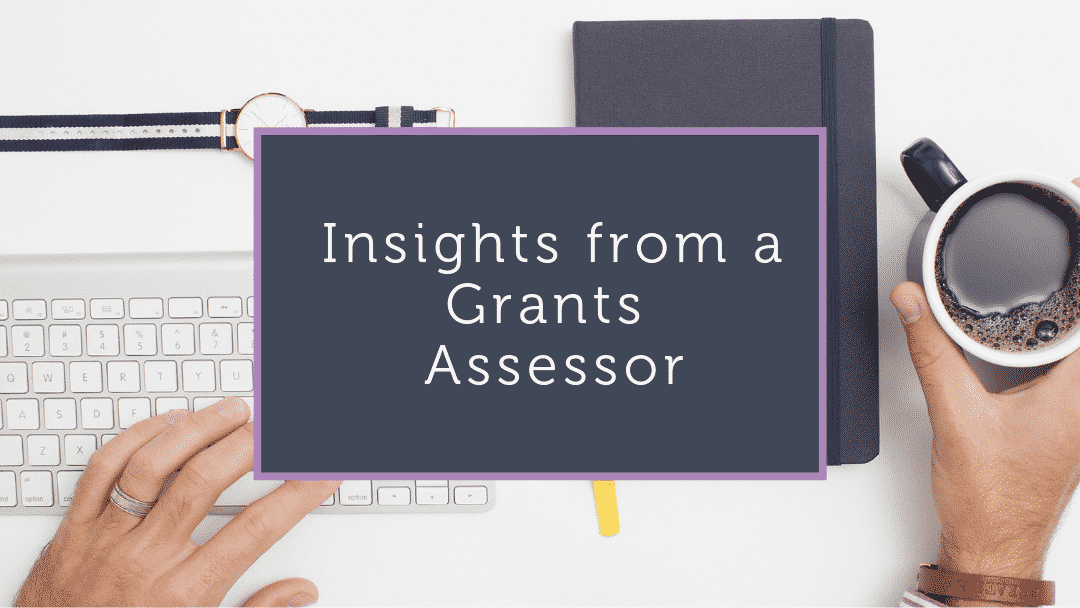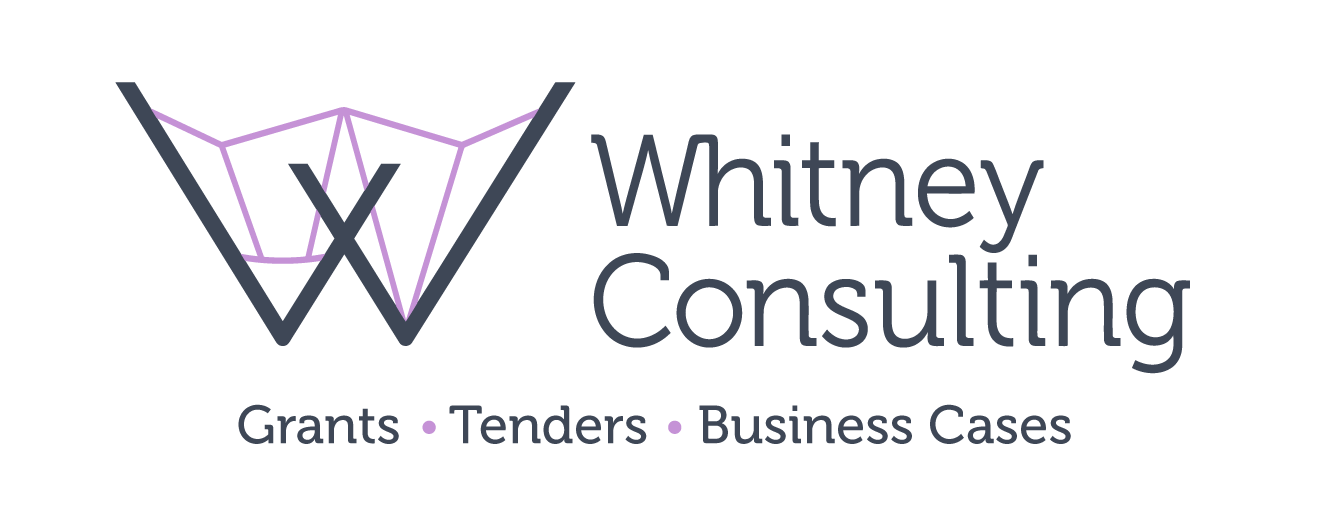For 8 years I was a senior assessor in the Infrastructure team for the Department of Regional Development. My role was to assess business cases and funding applications for Western Australia’s largest grant program, Royalties for Regions. It was also to establish and implement assessment processes and train junior assessors.
Over the years I gained invaluable insights and experience in the grants assessment process that ensure I can deliver quality grant applications. Whilst I try to share these hints and tips in all my content, I thought it was about time I wrote specifically about the insights I have gained from being on the other side of the grants process; as the person assessing your application.


Unless the grant program you are applying for is particularly niche or your project is so technical that its assessment is outsourced, the assessor will not be a subject matter expert in your field. Your assessor will be an expert in project management, governance and business cases, as well as their grant program outcomes and processes, but they will not necessarily have deep knowledge of your project topic.
This means that you need to assume the assessor does not know anything about your location, your organisation, the circumstances in your location/field and has no technical knowledge. You need to clearly explain and evidence the situation/need for your project, the demographics of your target project beneficiaries and explain your project in layman’s terms. Do not use technical jargon to impress the assessors. If they cannot understand exactly what you will do, why you are doing it and how you will do it then your chances of getting funds are extremely low.

Yes, a Minister can direct a State Government department to fund a specific project. However, Ministers are aware of the due diligence assessment processes that are in place in their departments and why they are needed. They are aware of the need for government funds to be spent in an open and transparent manner. They are therefore unlikely to fund a project on the basis of a verbal presentation from you or a fellow politician.
Ministers and advisers may nod politely and listen to your pitch, saying things like “That sounds great” but it will go no further until a minimum level of assessment has been completed by the assessors within the department. Government officers are often told by organisations seeking funds that “The Minister said it would get funded; that it was a great project”. But due diligence assessment is always required to ensure that the project they fund will deliver the outcomes they are paying for and the organisation they fund will use the money appropriately.
Don’t rely on political push and networking alone to get your project funded. You need to have a well-prepared Project Plan or funding proposal which provides the detail of your project before any funding can be provided. Having said that, political push on a well-planned project will never go astray.

Many applicants think that if they have not completed a certain component of project planning then it’s best to not mention it. Haven’t spoken to the local Shire to get them on board with your project? Let’s just not mention them and the fact the Shire would need to approve the building development, or better yet, that they own the building we want to deliver the project from. No, just no.
This is not an assessors’ first grant application, nor is it the first time someone has tried to ignore an important aspect of the project. Junior assessors are trained and mentored by someone who has seen this all before. Missing information stands out like a flashing red sign “Warning! These guys are not competent!”
If you have not been able to fully prepare your project before applying for funding (due either to time or lack of resources) detail what you have yet to complete and how you will complete it. Include the actions in your project timeline as something that you will do as part of the project. If it is something critical to the project success (e.g. some kind of approval) then you can also note that this action will be completed BEFORE any project funding is provided to you.

Assessors want to see quality, complete applications. Yes, we will pick through them to see if there are any holes; that is our job. But we are hoping for a quality application every time we start reviewing. Use this to your advantage.
If you have a question while you are preparing your application, pick up the phone or send an email and ask. Many people seem afraid to speak to the assessors before or during the application process but assessors would usually prefer to answer a question than to review an application that has completely missed the point. If the assessor isn’t allowed to answer the particular question you ask then they will tell you so, no harm done. Establishing a rapport with the funding body and showing them that you are putting in the effort to deliver them the best quality application you can, will only increase your chances of success.

A lot of the applications I assessed were either written by someone very close to the project, who forgot the need to explain it to a newcomer, or they were written by a technical firm, like an economic consultant. In both these cases, the story was always missing. Whilst the economic firm would have provided exceptional detail about the budget and the cost benefit of the project, the history, background and implementation of the project were usually lacking; the story. Why was the project proposed, what are the circumstances behind it and how will it be delivered?
In many cases I would have to interrogate the budget to ascertain exactly WHAT the project would be doing because there was no clear description. The benefits and cost of the project had been well explained but I was left asking “What are they actually going to do?”
Don’t forget to bring the assessor along on the project journey with you – tell them the story about why the project is needed, where it has come from, how it will be delivered and what the impact will be.
I hope these insights help you in your grant writing endeavours. If you would like your grant application reviewed and feedback provided by an experienced grants assessor before you submit it, please don’t hesitate to contact me at tara@whitneyconsulting.com.au or www.whitneyconsulting.com.au


